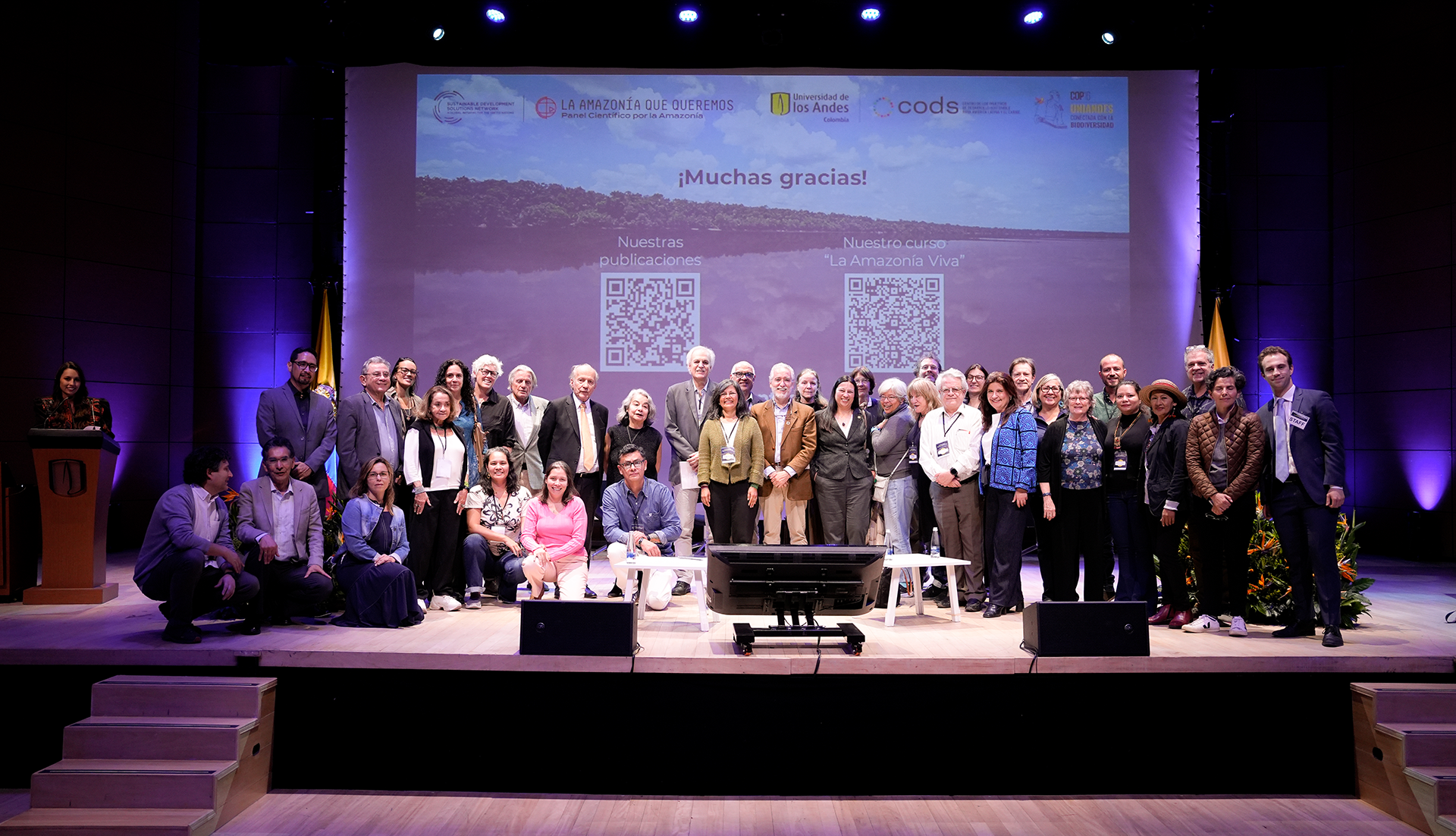

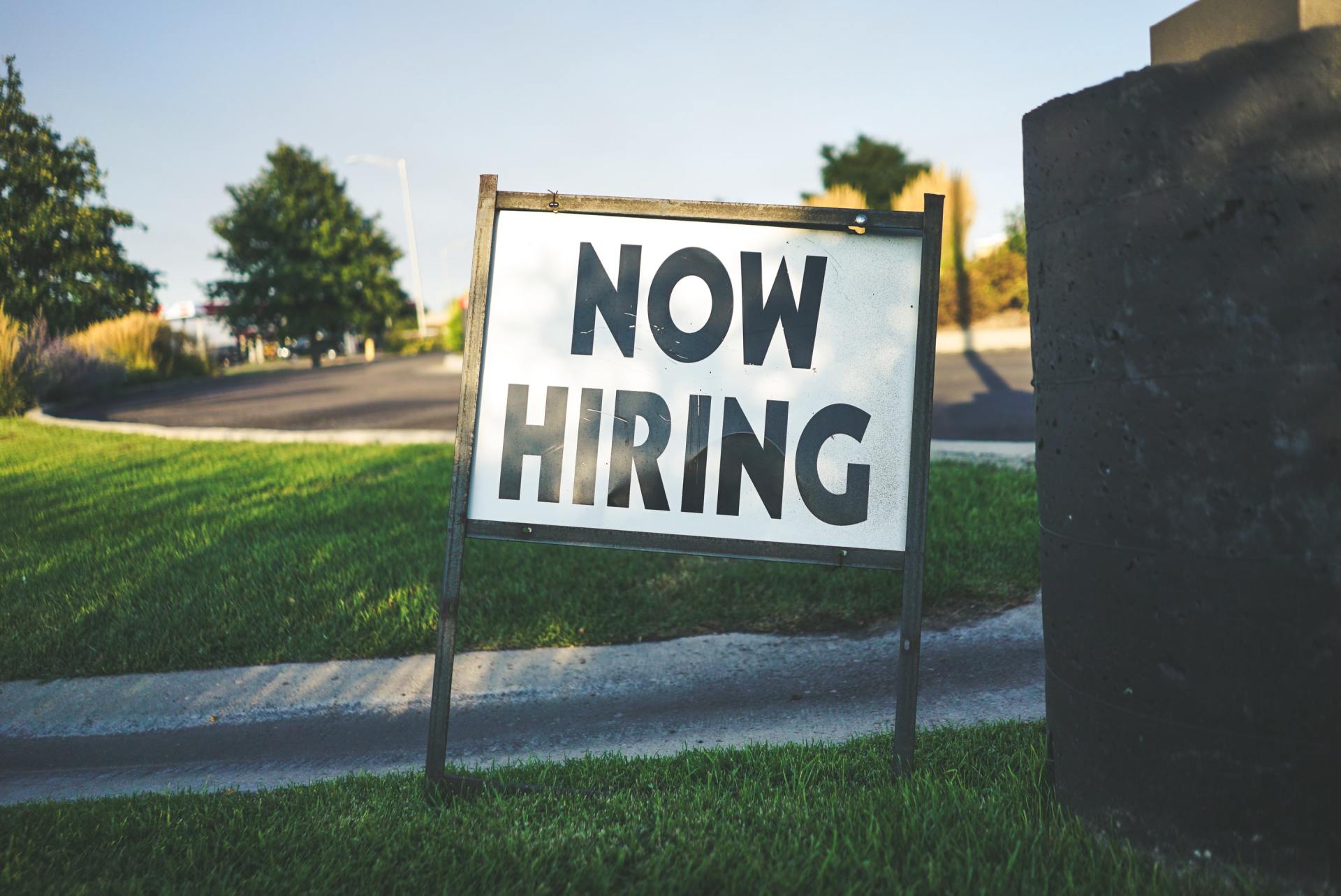
By Aadra Gunashekar
I say sustained growth because episodic growth is not enough to cause development. Development is an intergenerational reality. It requires a sufficiency of growth for a prolonged period of time to bring real people-centered development. – Dr. Timothy Harris, Prime Minister of St. Kitts-Nevis, speaking at the CARICOM (Caribbean Community) meeting held on June 18-19, 2015.
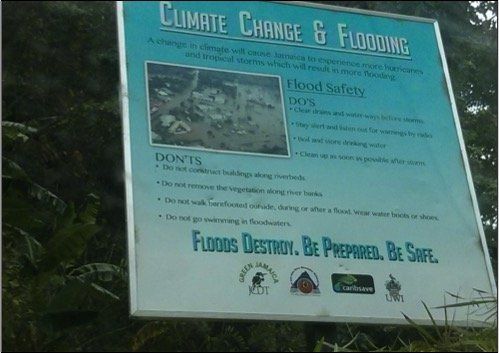
Truer words have never been spoken; as of 2015 the Caribbean has some of the highest per capita energy costs in the world (see Table 1). Per capita energy consumption is increasing, as tourism is the major industry in most of these nations and is very energy intensive. Most of the energy consumed comes from imported fossil fuels. Many Caribbean economies rely heavily on subsidized oil provided by Venezuela through the PetroCaribe program. Despite the subsidy, consumers end up paying high prices for electricity while governments receive the bulk of the subsidy, which may be used for other sectors. Caribbean economies (excluding Trinidad and Tobago) are net oil importing territories, making them highly vulnerable to volatile global oil markets. Power generation is the largest consumer of imported oil (diesel fuel and heavy fuel oil), and this triggers volatility in other sectors of the economy.


Adding to this challenge, most Caribbean nations spend as much of their national budgets on damage repair and adaptation to climate change risks as on imported fossil fuels. [2] For example, according to a 2012 study, [3] Jamaica imports over 90% of its energy needs, of which the electricity sector is the largest consumer. As much as 54% of the total electricity generated comes from fossil fuel sources. [4] High oil prices have enormous impacts on the economy at both microeconomic and macroeconomic scales. At the macro level, the trade balance, inflation and the fiscal deficit are affected while at the micro level, there may be a fall in real wages, a greater share of the household budget being diverted to fuel costs, and diminishing savings and consumer confidence. [5] For the Latin American and Caribbean region, the World Bank estimates that a 16% yearly increase in oil prices over a 5-year time period would increase growth in oil exporting countries by 0.14% per year, while net importers would face a loss of 0.10%. [6] The greatest losses that would occur in Central America would be 0.09% per year, while in the Caribbean it would be 0.12%. The ripple effects caused in the economy by the volatility of international oil market prices is best summed up by Special Representative of the Secretary-General and Sustainable Energy for All CEO Kandeh K. Yumkella: “While the SIDS and LDCs contribute the least to global greenhouse gas emissions, it is often they who pay the highest price for the impacts of climate change. Access to energy needs to be considered as an integral part of a climate resilient strategy." [7]
Building renewable energy advocacy in the Caribbean
The Caribbean Renewable Energy Development Project, an initiative of the Energy Ministers of CARICOM, came to life in 1998. Work on the project began in 2004. The aim of the project was to promote the adoption of renewable energy by removing barriers and reducing incremental costs. An evaluation report of the project published in 2011 reported the implementation of the project to be unsatisfactory. The policy and innovative financing components of the project failed to move forward. [12] Eleven renewable energy projects are at various stages of project development, though none have achieved full financial closure. [13] It is necessary to comprehend the diverse circumstances among the Caribbean nations regulatory frameworks, economies of scale and other risks involved in investment all vary widely and adopt solutions accordingly.
Government leaders and senior officials from across CARICOM convened on June 23, 2015, in Antigua at a regional forum to discuss the CARICOM Strategic Plan 2015-2019 for setting up the future development agenda. The St. Kitts and Nevis Prime Minister also compared the Caribbean Island states with Latin America, stating that the Caribbean lags behind in terms of the level of secular growth. [16] UN Secretary-General Ban Ki-moon who was in Barbados for the inauguration of the 36th Summit of the CARICOM, assured the community that the post-2015 development agenda would be “transformational, people-centered and planet friendly.” [17] The Secretary-General said that the UN relied on the Caribbean region as “bridge-builders between local concerns, regional landscape and international arena.” He noted that the Samoa pathway process highlighted the roles that the Small Island Developing States had to play in advancing the region’s concerns. [18] He emphasized that the Paris 2015 Summit was a landmark forum in terms of addressing these concerns.
During the 36th Summit of the CARICOM, the CARICOM Secretary General initiated the High-level Dialogue, which is targeted at a collaboration between the UN and CARICOM on the post-2015 development agenda and climate change. [19] Sustainable energy was one of the main topics discussed at the 36th Caribbean Community Summit held under the theme Vibrant Societies, Resilient Economies. [20] The heads of government endorsed the establishment of the Caribbean Center for Renewable Energy and Energy Efficiency to be headquartered in Barbados. They also endorsed a Trinidad and Tobago-based “Multi-Donor Energy Co-Financing Facility for Caribbean Sustainability” (aka Caribbean Energy Fund) [21] aimed at shifting away from the consumption of fossil fuels towards clean alternative energy. [22] The main functions of the Center include promoting and generating energy projects in the region and ensuring sustainability of the projects.
The global consensus around sustainable energy
Goal 7 in the SDG document is “Ensure access to affordable, reliable, sustainable and modern energy for all.” [23] The sub-goals to be achieved by 2030 include:
The World Bank estimates that in order to reach these goals countries, international organizations, the private sector and NGOs need at least US$600 billion additional investments in energy, annually. [24] Of this $600 billion, investments in the expansion of electricity access total $45.5 billion, another $4.4 billion is for upgrades to modern cooking appliances, and investments worth $394 billion and $174 billion are required to bridge the gaps in energy efficiency and renewable energy, respectively. [25] To overcome this massive challenge, the World Bank has set up a finance committee of various funding agencies and institutional investors. The Committee is working on the identification of business opportunities by countries/regions, sources of capital, de-risking investments and project management. It is important that Caribbean nations take advantage and voice their concerns to these committees and as an important takeaway from the CREDP project, group issues and barriers in technology-market clusters. Each group faces different challenges and has different financing needs and capacity requirements. This would allow for a more focused approach from the beginning.
Leadership from the Caribbean member states and government commitment is needed as private investment can only be attracted if an appropriate institutional and regulatory environment exists and relevant policies have been put in place. Once private investment is attracted, financial mechanisms can be considered to mitigate financial barriers and risk factors, such as the perceived high risk of investing in a particular renewable energy technology or country. This would trigger a virtuous cycle of better credit ratings for the Caribbean and even more investment.
Aadra Gunashekar is a student in the Masters of Development Practice program at Columbia University in New York, USA. She is spending the summer in Kingston, Jamaica, supporting the Caribbean SDSN.
[1] Vergara, W., A. R. Rios, et al. 2012. The Climate and Development Challenge for Latin America and the Caribbean: Options for Climate-Resilient, Low-Carbon Development. Inter-American Development Bank. Washington DC.
[3] http://www.mona.uwi.edu/physics/sites/default/files/physics/uploads/Energy%20and%20Climate%20Change_ENBAR.pdf
[5] R. A. Yépez-García and J. Dana. 2012. Mitigating Vulnerability to High and Volatile Oil Prices: Power Sector Experience in Latin America and the Caribbean. Washington, DC: World Bank. https://openknowledge.worldbank.org/bitstream/handle/10986/9341/699440PUB0Publ067869B09780821395776.pdf?sequence=1
[6] http://jamaica-gleaner.com/article/business/20141210/world-prices-fall-jamaica-paying-more-cash-upfront-petrocaribe-oil
[8] http://jamaica-gleaner.com/article/business/20141210/world-prices-fall-jamaica-paying-more-cash-upfront-petrocaribe-oil
[9] R. A. Yépez-García and J. Dana. 2012. Mitigating Vulnerability to High and Volatile Oil Prices: Power Sector Experience in Latin America and the Caribbean. Washington, DC: World Bank. https://openknowledge.worldbank.org/bitstream/handle/10986/9341/699440PUB0Publ067869B09780821395776.pdf?sequence=1
[10] http://jamaica-gleaner.com/article/business/20141210/world-prices-fall-jamaica-paying-more-cash-upfront-petrocaribe-oil
[12] van den Akker J. 2011. Final Evaluation Report: Caribbean Renewable Energy Development Programme. UNDP, GEF.
[13] van den Akker J. 2011. Final Evaluation Report: Caribbean Renewable Energy Development Programme. UNDP, GEF.
[14] http://www.jamaicaobserver.com/columns/The-unhelpful-geopolitics-of-energy-in-the-Caribbean_18317611
[15] http://www.wsj.com/articles/obama-offers-20-million-in-energy-aid-to-caribbean-nations-1428623012
[19] http://www.telesurtv.net/english/news/CARICOM-Heads-of-Government-Conclude-36th-Summit-in-Barbados–20150706-0020.html


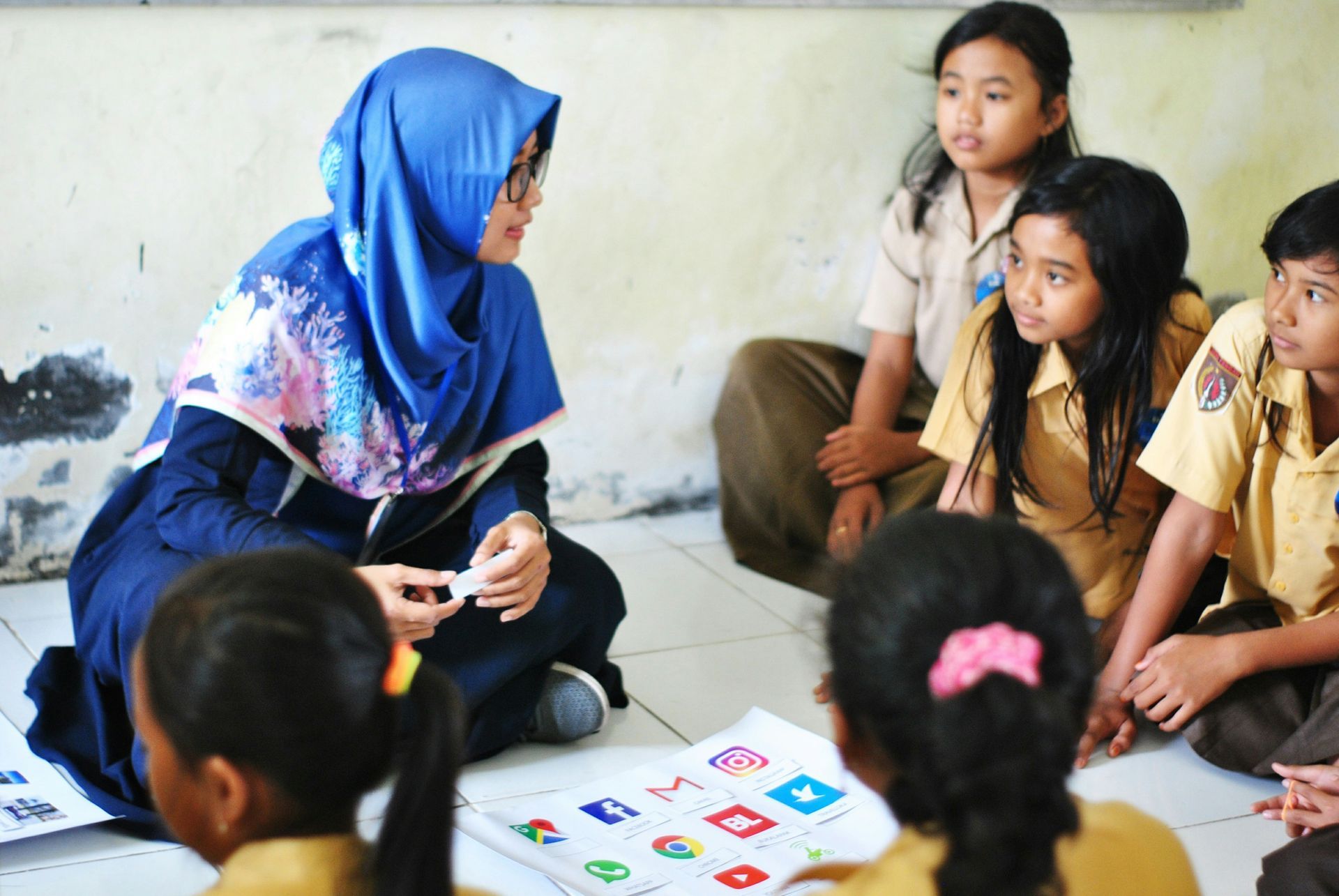

Get our latest insights, opportunities to engage with our networks, and more.
SDSN mobilizes global scientific and technological expertise to promote practical solutions for sustainable development, including the implementation of the Sustainable Development Goals (SDGs) and the Paris Climate Agreement.
Paris
19 rue Bergère
75009 Paris
France
+33 (0) 1 84 86 06 60
New York
475 Riverside Drive
Suite 530
New York NY 10115 USA
+1 (212) 870-3920
Kuala Lumpur
Sunway University
Sunway City Kuala Lumpur
5 Jalan Universiti
Selangor 47500
Malaysia
+60 (3) 7491-8622